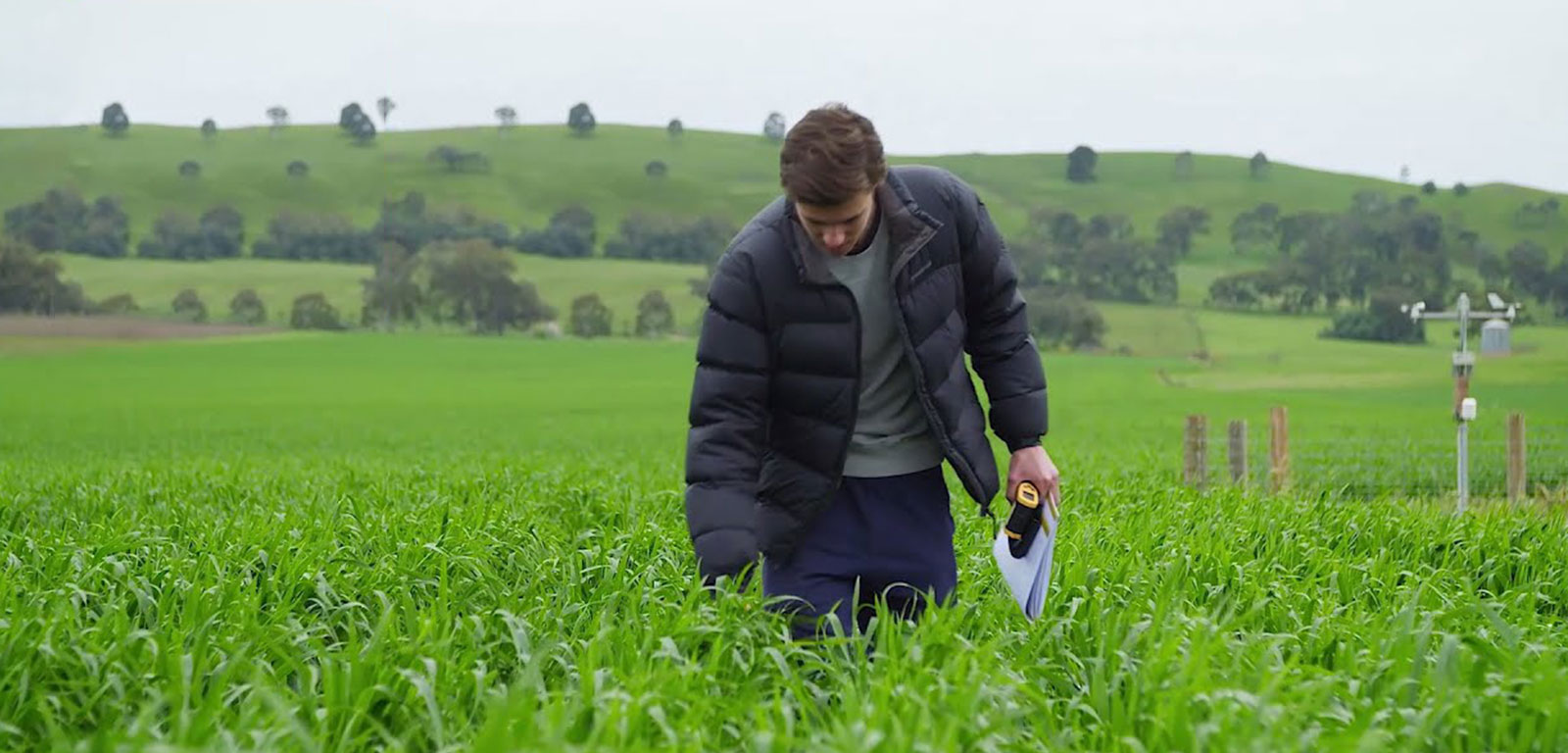

International Baccalaureate (IB) diploma: 25
TOEFL (paper-based): total score of at least 577 with a score of 4.5 in the Test of Written English. To submit your scores when you apply, use our TOEFL Institution Code: 0974.
Please note that we don't accept the revised TOEFL paper-delivered test.
TOEFL (internet-based): total score at of least 79 and scores of 21 for writing, 18 for speaking, 13 for reading and 13 for listening. To submit your scores when you apply, use our TOEFL Institution Code: 0974.
IELTS: total score of at least 6.5 in the Academic International English Language Testing System (IELTS), with no bands less than 6.0.
Pearson Test of English: overall score of at least 58 and no PTE communicative skills score below 50.
Cambridge English, Advanced/Certificate in Advanced English (CAE): Cambridge English Score of at least 176 with no skill below 169.
C2 Proficiency (previously called Cambridge English: Proficiency (CPE) examination): Cambridge English Score of at least 180 with no skill below 180.
Agriculture’s focus on science and sustainability is how we will adapt to our changing climate, declining environmental health and increasing demand for safe food production to feed our growing populations.
A Bachelor of Agriculture is your opportunity to use science, technology and business to tackle critical sustainability issues and build a career with lasting impact.
If you’d like to understand how to harness natural processes to sustainably feed our growing population, improve natural resource management and contribute to Australia’s growing agricultural industry, the Bachelor of Agriculture is an ideal choice. Graduates with a degree in agriculture are highly sought after in Australia, with an employment rate of over 92 per cent.
You’ll learn the science necessary to produce safe, high-quality and ethical food and fibre as well as the economics underpinning Australia’s important role in international trade. Australia is a major global supplier of agricultural goods – around $40 billion of Australia’s projected $60 billion of agricultural production in 2019–20 was exported.
CRICOS Code: 037228G
More info: Click here
FIRST YEAR
Develop a solid foundation in agricultural science by studying a common curriculum, designed in consultation with industry and employers. You’ll complete eight core subjects to gain a broad understanding of agricultural science with studies in biology, natural environments, agricultural production and life sciences.
Learn about sustainable agriculture and how we can use it to adapt to a changing climate
Find out how science is applied in the real world and its applications in the agricultural industry
Understand Australia’s agricultural context locally and globally.
SECOND YEAR
In your second year, you’ll choose a major – a sequence of subjects you complete throughout your degree that indicates you are a specialist in that discipline.
Agricultural Economics: learn how to analyse and advise on the business management and financial sustainability of agricultural enterprise
Plant and Soil Science: understand the science of using plants for food, fuel, fibre and land reclamation and to address issues in plant health and sustainable agriculture
Production Animal Science: prepare for a career in animal health and production, animal welfare or biosecurity. Learn about animal production industries, animal behaviour and disease, and how management strategies can optimise growth and welfare.
THIRD YEAR
You’ll focus on further developing your specialised major knowledge and work with your peers from other specialisations to prepare for your career. You can choose to spend part of this year based at the Dookie campus.
Work individually and in small groups with your peers from other majors to apply your range of knowledge in value chain analysis, animal health and nutrition, plant growth or water management, and make improvements relevant to the industry
Develop your skills in gathering and interpreting evidence, teamwork, and oral and written communication
Learn how to apply a ‘systems thinking’ approach to problems – considering the complete context of an agricultural enterprise, including relevant scientific, environmental, economic, social and political factors.
Your course plan is based around compulsory core subjects, major subjects that let you specialise in the field that interests you, and elective subjects that supplement your skills, interests and experience.
This degree requires the successful completion of 300 points – with subjects usually worth 12.5 points each. You will complete eight subjects, or 100 points of study, in each year of full-time study


OSHC: 530$ per year